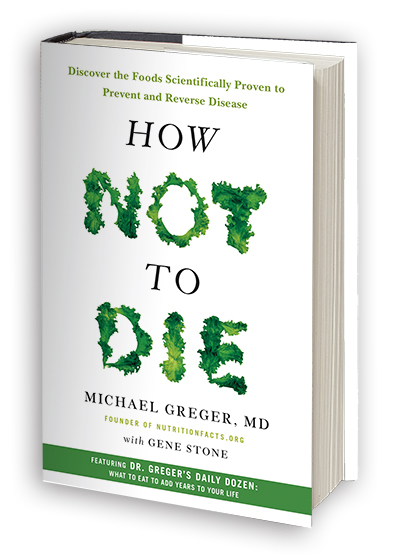I love Dr. Michael Greger, the founder of NutritionFacts.org. His goal is to summarize the latest and most interesting in scientific research in brief videos and articles that are accessible to the average layperson.
He was recently featured on the Rich Roll podcast, and it was a great interview. Highlights included a frank discussion on the challenges associated with disease being profitable, and the similarities between the marketing tactics used by cigarette companies in the 1950s and those used by the meat, egg and dairy industries today. It was a candid and interesting conversation, and Dr. Greger has very logical, common sense explanations for why it takes so much time for public opinion to shift despite the massive body of evidence demonstrating the health benefits of plant-based diets.
Reductionist approach
Reductionism refers to looking at a small piece of something to better understand it. Many research studies are reductionist, for example, someone might design a research study that shows how a specific type of food impacts cholesterol levels. These studies can be really useful, but they need to be complemented by considering the existing body of evidence about that food.
For example, Dr. Greger speaks in the Rich Roll podcast about the number of studies done in the 1950s and 1960s that showed that cigarette smoking was good for your health, not negative, not even neutral, but GOOD. One of these studies showed that cigarette smoking decreased people’s risk of Parkinson’s disease. Sounds great, right? But we know that smoking isn’t good for us, because the decrease in risk for Parkinson’s is far outweighed by the increased risk of lung cancer, stroke, etc.
Dr. Greger explains that many of the studies getting media attention because they “show” that meat, eggs or dairy are healthy in some way aren’t being considered within the massive and overwhelming body of evidence that demonstrates that these are not healthy foods because they increase so many disease risks (cancer, heart disease, type two diabetes, etc) by such drastic amounts.
Considering individual research studies within the framework of existing evidence
Dr. Greger’s videos on NutritionFacts.org are largely reductionist in nature; that itself isn’t a problem, because they’re being considered within the existing body of evidence about these foods. When he shows a video about a recent study on the health benefits of a specific fruit or vegetable, he takes into consideration whether there’s existing knowledge of potential negative side effects that someone ought to factor in. For example, he cautions against too many antioxidant rich foods in the third trimester of pregnancy, shares information about the risk factors associated with too much turmeric for certain individuals.
Check out the Trailer for Dr. Greger’s new book, How Not To Die
I’ve purchased his book on Kindle, and look forward to having a night to dive into it!
I continue to be grateful that I was exposed to the benefits of plant-based eating at an age where it’s preventative for myself and my immediate family.
Live well!

I pre-ordered the book and was so happy when it arrived yesterday! Dr. Greger is so funny and his website is not to be missed (nutritionfacts.org). I had the pleasure of meeting him on a vegan cruise this past March and he’s the real deal. He doesn’t get too excited or upset about things, he tells it like it is. I find him very refreshing and feel that he will be the new face of low-fat plant based eating in the future. I’ve been worried about who will carry on for Dr. Esselstyn, Dr. McDougall, and Dr. Caldwell and I think Dr. Greger is the perfect choice. I wonder if he is interested in being the next Surgeon General? 😉
I agree, I’ve heard Dr. Greger speak in person at the Boston Veg Fest, and am similarly in love with NutritionFacts.org! He is such a fabulous individual, and continues to be good-humored and passionate about spreading the truth about plant-based eating despite the depressing societal challenges. His resiliency and dedication are inspirational, and I wish we could somehow measure the number of lives he has improved, extended, and saved so he would know the impact of his work.